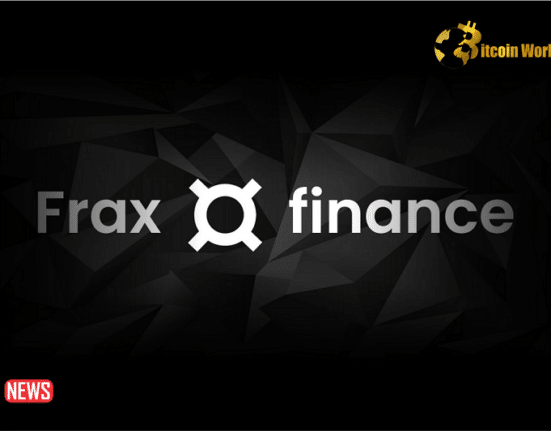In a recent episode of Laura Shin’s Unchained podcast, Dan Berkovitz, former commissioner of the United States Commodities Futures Trading Commission (CFTC), stirred up a debate by suggesting that Ethereum’s native cryptocurrency, Ether (ETH), could potentially be classified as both a commodity and a security. Berkovitz, who also served as the former general counsel at the Securities and Exchange Commission (SEC), argued that due to overlapping legal definitions, ETH could fall under the jurisdiction of both regulatory agencies.
The ongoing confusion surrounding the legal status of Ether largely stems from conflicting statements issued by the CFTC and the SEC. Over the past six months, the CFTC has consistently labelled Ether, along with several other cryptocurrencies, as commodities. On the other hand, the SEC, led by Gary Gensler, has refrained from providing a definitive categorization for Ether. Gensler vaguely stated that anything other than Bitcoin should be considered a security, without providing further elaboration.
While the notion of Ether being simultaneously classified as a security and a commodity may appear contradictory, Berkovitz clarified that the legal definitions of commodities and securities can overlap, allowing an asset to fall into both categories. He emphasized that commodities are not limited to physical items like “wheat” or “oats” and that anything covered by a “futures contract” can technically be classified as a commodity. This connection is evident in the name of the CFTC itself, which includes the term “futures.”
Alternatively, Berkovitz explained that securities, defined by the Securities Act and the Exchange Act, can also serve as the underlying asset for futures contracts, placing them within the purview of the CFTC. Consequently, if an asset is deemed a commodity by the CFTC and security by the SEC, both regulatory bodies can claim jurisdiction over it.
During the podcast, Collin Lloyd, a partner at Sullivan & Cromwell, a multinational law firm, criticized the SEC’s assertion that everything except Bitcoin should be classified as a security under federal securities law. Lloyd argued that there is no legal precedent suggesting that a string of digits operating on a blockchain could inherently be classified as a security. Instead, he advocated for an examination of whether a digital asset is being sold as part of a securities transaction, basing the determination on specific facts and circumstances.
It is worth noting that Sullivan & Cromwell is currently involved in the FTX bankruptcy case and was hired by Coinbase on April 29 to assist the crypto exchange in navigating its regulatory disputes with the SEC.
The question of whether Ether can simultaneously be a commodity and a security raises important legal considerations and regulatory implications. As the debate continues, market participants and regulators will need to reach a consensus to provide clarity and certainty for the thriving cryptocurrency industry. Until then, the dual classification of Ether remains a subject of intrigue and contention, highlighting the complexities of applying traditional regulatory frameworks to innovative digital assets.















